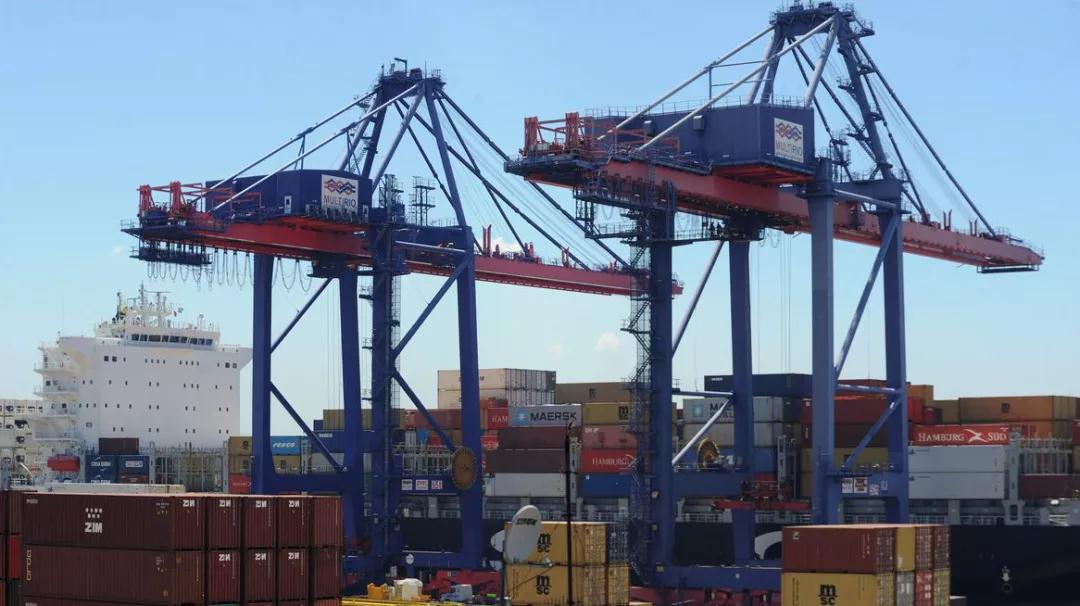
Recently, against the backdrop of tariff threats from the United States, Mexico has intensified inspections of imported goods, particularly focusing on Chinese products. Mexico has entered a period of intense inspections, setting up checkpoints on highways to inspect container trucks and conducting anti-smuggling operations specifically targeting Chinese goods. These actions have impacted several freight forwarding companies, leading to goods being detained or seized.
The General Customs Administration of Mexico (ANAM) carried out a historic anti-smuggling operation at the Pantaco Customs in Mexico City, seizing Chinese goods worth over 300 million pesos (approximately 110 million yuan). This operation, which began on March 5th, involved illegal products in 33 containers, including speakers, electric roller skates, motorcycles, scooters, bicycles, drills, hydraulic jacks, toys, backpacks, clothing, executive chairs, and various other items.
According to Zhongjin's understanding, these goods were considered "smuggled goods" because importers failed to provide legitimate documentation or engaged in fraudulent customs declarations. For instance, some containers were declared with very low taxes, while the actual value of the goods far exceeded the declared amount. The Mexican government referred to this operation as "compliance enforcement under the national security strategy framework" but did not disclose specific details of the violations.
Additionally, reports of joint inspections of container trucks at multiple highway ports in Mexico have spread within the industry, causing tension among many Mexican sellers and freight forwarders. It is speculated that Mexico's actions may be an attempt to appease U.S. President Trump, leading to joint actions by the tax authorities and customs. Sources indicate that many containers have been detained, and even friends of some individuals have been affected.
However, some Mexican freight forwarders have mentioned that they have not encountered significant issues so far. While there have been instances of checkpoints and container detentions, it seems to be primarily concentrated around areas near Mexico City, such as the airport and train stations.
The "compliance maze" in the Mexican market poses challenges for Chinese companies. Businesses in toys, clothing, scooters, and more may face risks such as detained goods, increased shipping costs, or even reduced orders if they primarily target the Mexican market. Additionally, some e-commerce companies specializing in the Mexican market may also be affected due to delayed deliveries.
This operation has also brought new opportunities for certain industries. For example, companies offering product certification services may thrive due to Mexico's heightened inspections. Moreover, Chinese companies choosing to establish factories in Mexico may become more popular as they would avoid high tariffs and concerns about customs seizing goods. If Mexico continues strict inspections, Chinese factories may consider relocating to Mexico or nearby countries.
Mexico's customs actions not only impact Chinese goods but also highlight the severity of internal corruption issues and smuggling activities within the Mexican customs. The Mexican government has implemented a series of measures to strengthen customs supervision and combat smuggling, including increasing review efforts, enhancing intelligence collection and analysis capabilities, integrating enforcement resources, and actively seeking international cooperation to combat transnational smuggling crimes.
